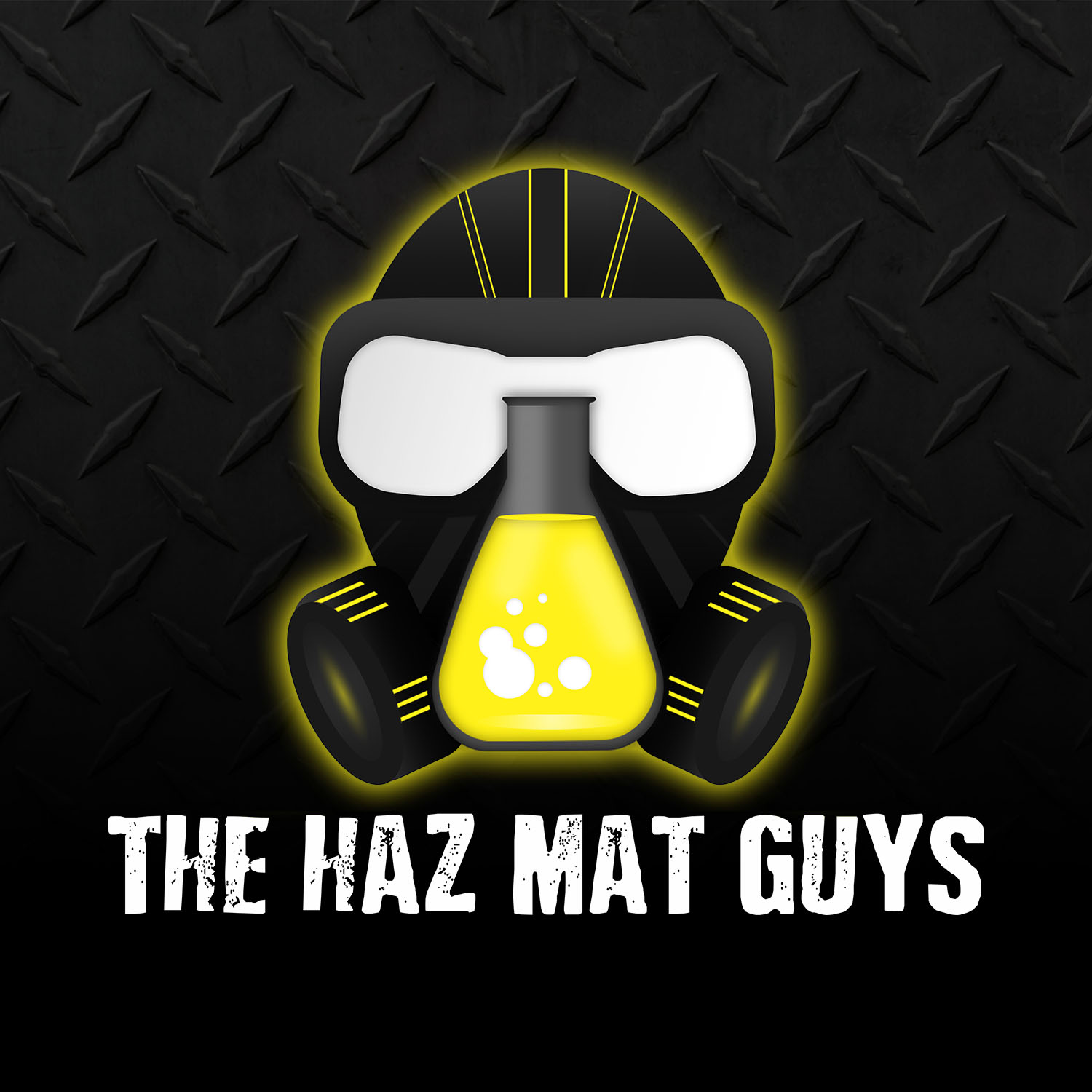Premium – THMG014 – Metering Overview and Basic Sensors
Basic Metering Overview – Part 1 Basic Metering Overview – Part 2 In this episode, Mike and Bob discuss the enormous amount of information on the topic of metering and sensoring. They also explain the most common technologies and techniques used in monitoring. Complete Show Notes 5:50 Why Metering Matters Metering is vitally important to hazmat – it determines the atmosphere we’re entering and the types of harms we expect it to impose Helps us gauge isolation distances and PPE – monitoring is dynamic and constantly evolving 6:55 Why Do We Monitor a Scene? Establish zones and exposure potentials for us and the public Locate and confine a substance or issue Establish lines of ILDH (immediately dangerous to life and health) Determine whether something is flammable, oxygen rich/deficient, or toxic Confirm that our actions are beneficial to the operation Each monitor reads a different thing that we’re interested in – you can’t just use one meter Meters bridge the gap between our senses and what’s truly happening in an area – in some cases, our senses don’t alert us to danger until well after a chemical has a problematic effect on us or our environments 11:30 Things to Meter For<br /> 1. Radiation – this is one of the first things you want to meter for because it can touch you from a long distance away 2. Flammability – directly impacts PPE selection an

